Does Concrete Need to Be Sealed?: What Is a Concrete Sealer?
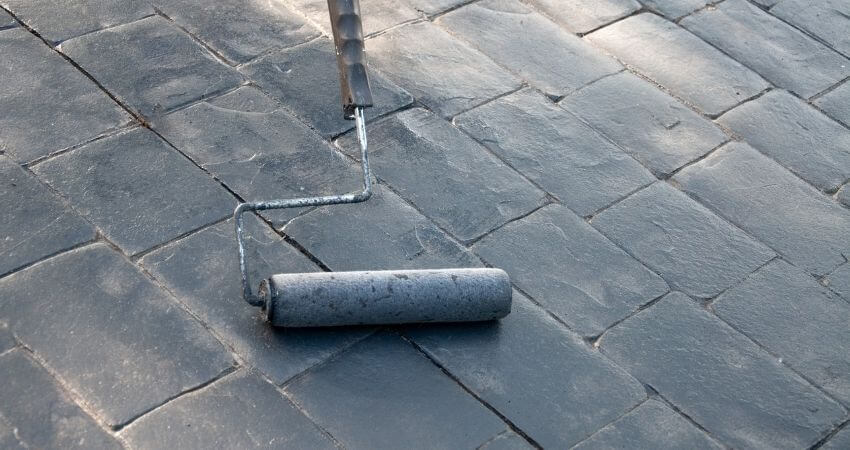
There is some debate as to whether applying a sealer to concrete driveways and other concrete surfaces is appropriate and, if so, how much it should be used. This is particularly valid if you have a driveway or patio of painted or etched concrete or live in an environment where winter road salt will eat away at the concrete.
The concrete has to be sealed, and it will be outstanding and complete. Thus, it’s a big “YES!!!” ”. Now, to fill our concrete, there are certain things we have to bear in mind.
Concrete performs quite adequately if it is never sealed, but it will extend its life and keep it looking good by applying a good quality sealer every few years.
It’s an easy project for a DIYer to apply a concrete sealer, and it will keep your concrete slabs looking good and potentially lasting longer.
Let’s get to our discussion of sealing concrete in more detail.
Tools required for sealing concrete
Every construction work needs a tool. There are some tools which you can buy for doing this work.
Does Concrete Need to Be Sealed?: What Is a Concrete Sealer?
To safeguard it against surface injury, rust, and staining, concrete sealers are added to concrete. They either block the concrete’s openings to minimise water and salt absorption or form an impermeable coating that blocks certain materials’ passage.
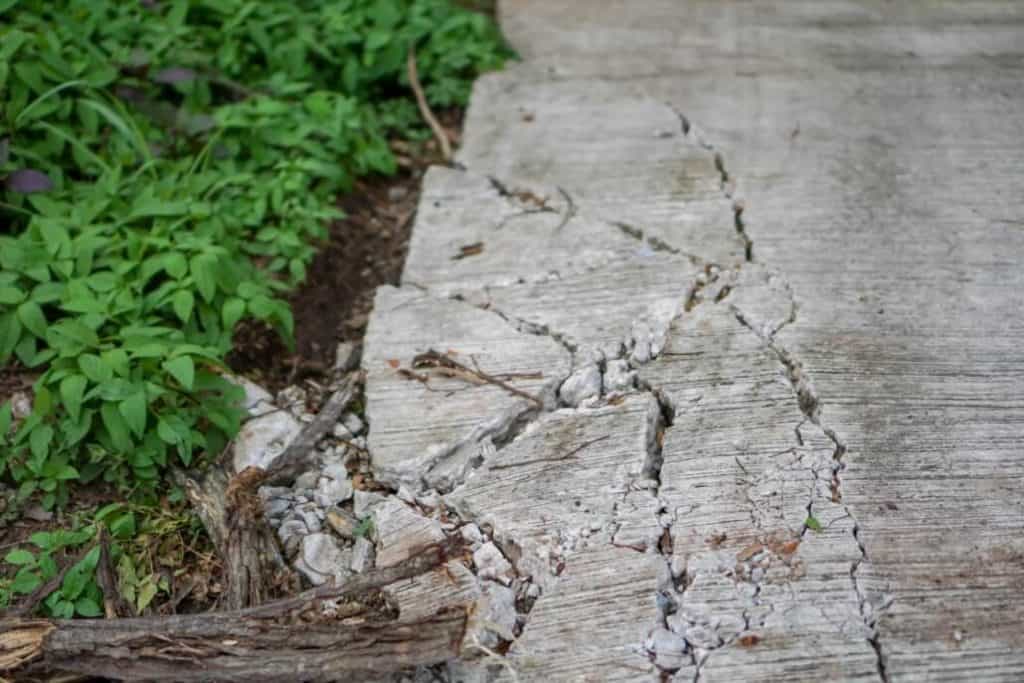
Concrete preparing for sealing
Surface preparation is essential when adding a sealer to existing concrete. It is necessary to clear all oil, grease, streaks, dirt, and dust or prevent the sealer from adhering correctly.
If a sealer is added to a new sealer brand, most vendors require that all signs of previously used sealers be eliminated, since the items may not be compatible. To achieve the highest adhesion, some manufacturers propose etching the surface first with an etching solution.
The Sealers Forms
Be mindful that there are distinct forms of concrete sealer before you start. So, here we give information about different types of sealer forms.
Acrylic resin-based sealers
Acrylic sealers available in both solvent and water-based formulations are suitable for projects where fast application and economy are essential. They can be used to form a thin, protective film on both interior and exterior surfaces that provides strong shielding against water and chloride penetration while enabling the slab to avoid moisture.
Acrylic sealers typically need periodic cleaning of many sacrificial floor polish or wax coats on indoor surfaces to eliminate wear and black heel lines.
polyurethane sealers
Polyurethane sealers are about twice as thick as an acrylic sealer and form a high-build protective layer with superior resistance to abrasion and chemical compounds on the concrete surface.
This cost far more than acrylics, but the high prices do not mean that they are superior.
Before they are cured, most polyurethanes are moisture intolerant, but they can not be added to surfaces where there is a vapour. A chemical reaction that results in foaming and bubbling will occur. They often may not encourage moisture vapour to travel out of the concrete, which on certain external concrete surfaces, such as driveways, might cause issues.
Penetrating sealers
Penetrating sealers typically offer invisible protection without modifying the base’s appearance, and most materials are breathable, allowing moisture vapour to escape. As they have excellent protection against harsh conditions of exposure, they are most widely found outdoors.
Because a penetration sealer does not leave a shiny film, it would not add to the concrete surface’s slipperiness.
A visible surface film is not left behind by penetrating sealers, and most of them will not change the surface’s look or colour.
Here also have some gross level sealers. Like:
Solvent-based sealers
Polymers are not present as different particles in a solvent-based sealer. A persistent, transparent polymer solution is instead formed by the polymer and solvent. The polymer chains are pulled closer together and gradually intertwined as the solvent evaporates from a solvent-based sealer.
Water-based sealers
As they are added, water-based sealers look milky white because the polymer particles in the sealer scatter visible light differently from the water they are distributed. Water-based sealers prefer to have a lower-gloss, matte finish after curing.
A water-based surfactant mix that offers long-lasting, breathable, waterproof protection is the MasonryDefender Breaching Concrete Sealer. For driveways, patios, and other outside applications where you do not want to change the pavement’s appearance, this is a reasonable option.
Film-Forming Sealers
On decorative masonry or a patio area, acrylic, polyurethane, and epoxy sealers provide a high-shine effect that looks good. They block water from accessing the concrete and lock it from the surface.
About concrete, what you need to know?
A combination of water, mortar, and either gravel or sand is concrete. Using the correct quantity of each material needs to be combined carefully. Mixing techniques aim to ensure that the concrete can safely be poured and smoothed. The mixing method also assists in the curing process, which is when the concrete hardens steadily so that it is stable and robust.
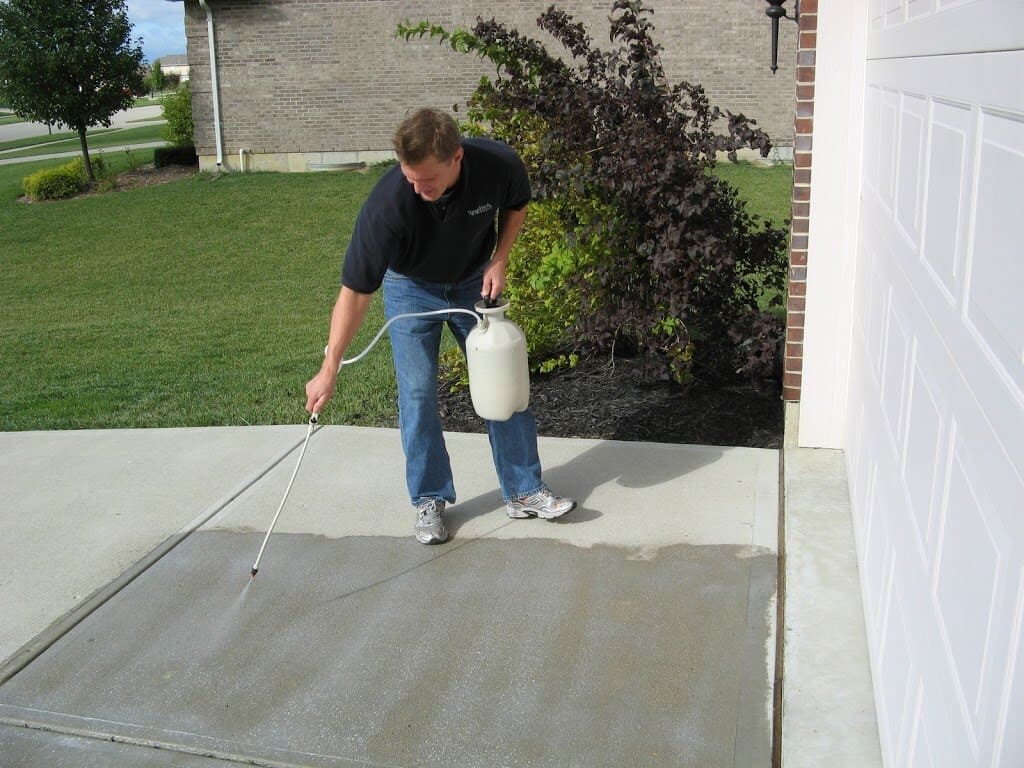
How to Apply Concrete Sealer
Sealers are not chemicals that you like to keep in touch with the skin or eyes, so before using the sealer, make sure to wear gloves, long sleeves and socks, and eye protection. Read the label instructions for any special precautions before starting.
- Delete all the oil, grease, streaks, dirt and dust from the concrete
- Strip off the top of every current sealer.
- For an etching solution, loosen up the concrete with.
- Use a roller or sprayer to add a thin layer of sealer.
- Wait for the sealer’s first coat to dry.
- In a reverse way, add a second coat.
- Enable the sealer to dry entirely on the concrete before walking or moving.
After Maintenance
It would need to be reapplied regularly, depending on the amount of sealant used. Most sealants last roughly two years, but depending on the form of adhesive used and the amount of traffic and wear, they may differ.
Daily cleaning will keep the sealer coat doing its job until the concrete area is sealed. Quick washing with soap and water every few months is a part of this routine. A mild re-application after washing is a smart option if you find regions that have worn down.
The driveway can not be cleaned by power, since this will strip the sealant. The risk of concrete driveway cracks is raised by sealing that has been washed away. If you spill something on the driveway other than water, keep it from chewing through the sealant and staining the driveway, it is essential to clean up the spill immediately.
Why Do you Need to Seal Concrete?
As well as being one of the toughest, concrete is the general human-made substance on Earth. There will be no foundations for houses without asphalt, no roads, no streets, to name but a couple of the inconveniences.
Concrete sealers come in a range of ways. For decorative concrete, topical sealers such as acrylics are excellent options to improve the paint, add a high gloss shine, or matte finish when shielding against heat, fog, mould and mildew.
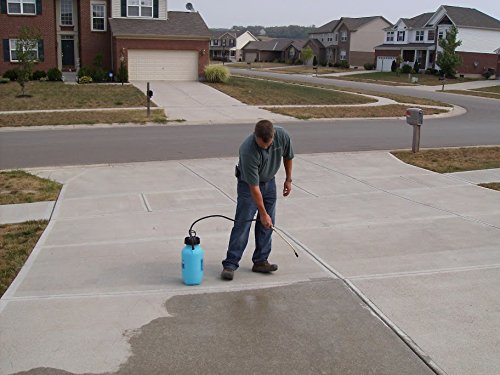
The concrete would be prone to damage that will cost incredible sums of money to restore without a concrete sealer, as many home and house owners have learned the hard way, it is much cheaper and quicker to only stop the damage by using a concrete sealer.
Our concrete sealers required outdoors?
Not only are outdoor concrete sealers worthwhile but required.
The effectiveness and resilience of concrete built outdoors are maintained by technologically sophisticated sealers. Outdoor concrete can be one of the most enduring materials associated with your house when correctly sealed. Outdoor concrete sealers significantly reduce the risk of harm caused by water and chemicals, mainly when applied to pool decks.
The Importance of Sealing Concrete
Sealers, added to concrete, effectively act as water repellents, removing or minimising the entry into the porous concrete layer of water and soluble contaminants, such as chlorides. Sealers are generally designed for use in above-grade applications in which concrete is often exposed to moisture.
Ongoing support is implemented by sealing concrete. Just as you frequently paint your house, to shield it from rain and availability of the system, you can fill your concrete routinely. You want to store in while concrete is put first; once it has matured, you want to keep moisture out, particularly concrete which would be subject to freezing and thawing.
The Advantages of Concrete Sealing
The benefits of sealing concrete are sufficient. A quality concrete sealer can ensure that the concrete is resistant to stains and markings and abrasions from environmental contact, water, grease and oil. What’s more, it brings out the concrete’s natural charm and makes wiping effortless.
Concrete is currently the most used artificial resource, coming second after water, being one of the most generally used resources with a wide variety of uses and functions. That said, there are a few fundamental features that allow concrete over its lifetime to suffer harm. For example, concrete is durable when it comes to compression but is unstable in stress.
Concrete is a significant investment, and the elements are continually under attack. Your concrete will live a long and fruitful life with the right treatment and a quality sealer. It will save you time, effort and headaches in the future, protecting and maintaining your precious assets.
Concrete sealers will help improve the longevity of your concrete and lengthen the life of your concrete driveway. The odds of living longer and hitting 25 to 30 years can be enhanced by sealing the concrete. Concrete is a brittle, moisture-absorbing substance. In addition to shielding your concrete, sealing your concrete can also help deter mould formation, making it look better over a more extended period. Sealing your concrete will prevent corrosion and improve your concrete driveway’s longevity.
Using a concrete sealer means that the concrete looks fantastic and works properly for your driveway. It’s essential to protect the concrete because many items can ruin it. Moisture is sealed out by concrete sealers, rendering freezing and thawing incapable of causing damage.
Some Important FAQs
Please go through this question and answer part. These will assist you in understanding the topic above.
What surfaces should you seal?
Exterior concrete should be sealed in any area prone to freeze-thaw cycles. Many people are shocked to hear that parts of New Mexico, most of Texas, Alabama, Georgia, South Carolina, and even parts of California, Louisiana and Florida have freeze-thaw areas. For particular uses, such as stain repellence, dust control, abrasion protection, chemical resistance or to preserve an appealing appearance, concrete should be sealed in other areas.
How’s your sealed surface going to look?
That all depends on the sealer type, you are adding. Because they penetrate the concrete, most chemically reactive sealers are almost invisible. Acrylic resin sealers and epoxies dependent on solvents offer significant colour enhancement and give a high-gloss wet look to concrete.
What will your sealer repel?
That depends on the product you are using and using an acrylic-resin sealer or reactive penetrating sealers to repel water and deicing salts and using silicone if you just want to repel oil stains. Be mindful that petroleum distillates can weaken the resins’ consistency penetrating sealers are usually diluted by acidic chemicals that etch concrete chemically—using a high-efficiency epoxy urethane device for exposure to these compounds.
Are sealers eco-friendly?
Concrete is manufactured locally and, with careful treatment, can last for several decades. They are an essential component of “green” construction as sealers prolong the usable life of concrete, and their use may count for additional LEED points. As for the sealer itself, the most environmentally friendly materials are typically known to be water-based. Certain solvent-based sealers can not be sold in some jurisdictions, although there are now new environmentally safe solvents available. To learn more about the legislation in your area, contact your concrete sealer supplier.
Is it possible to seal aged concrete?
Waterproof concrete sealers harden concrete structures and cover them. They will make aged concrete look shiny again as well.
A solvent cleaner is used as the first step in securing a concrete floor, before applying concrete sealant, cause it to thoroughly dry.
Conclusion
Finally, we can say that sealing concrete is satisfactory. Concerning how much a concrete driveway can be resealed, views differ. This is partially based on the product used. The conditions and the wear and tear level of the slab are also considered. The resins’ consistency in the sealer would have a significant effect on the seal coat’s lifetime.

I’m a concrete contractor by trade and have been working in the industry for over 25 years now. I’ve seen (and done) it all when it comes to concrete, and I love sharing my knowledge and experiences with others who are interested in learning more about this amazing material. In my spare time, I enjoy spending time with my family, fishing, and watching NASCAR races.

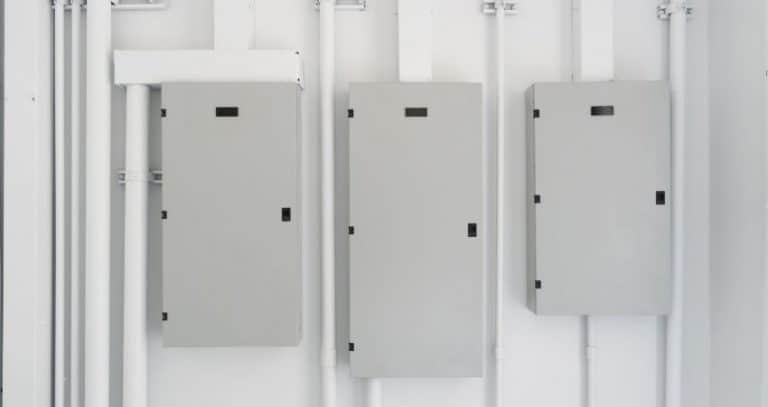
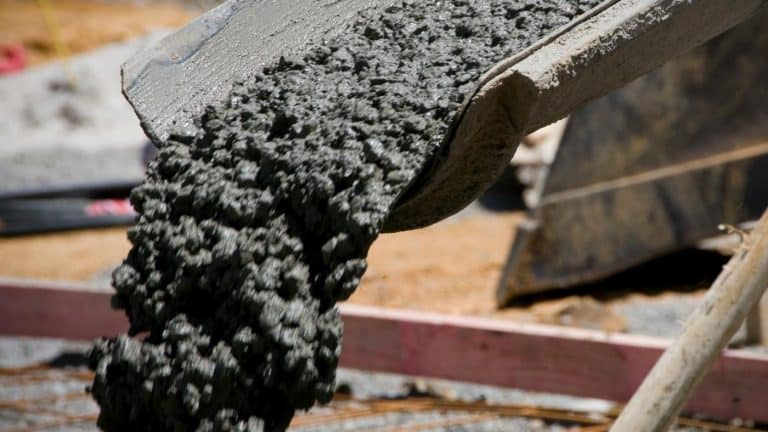
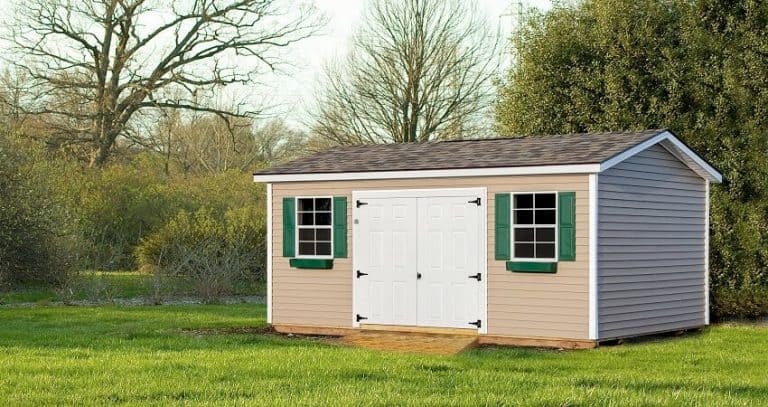
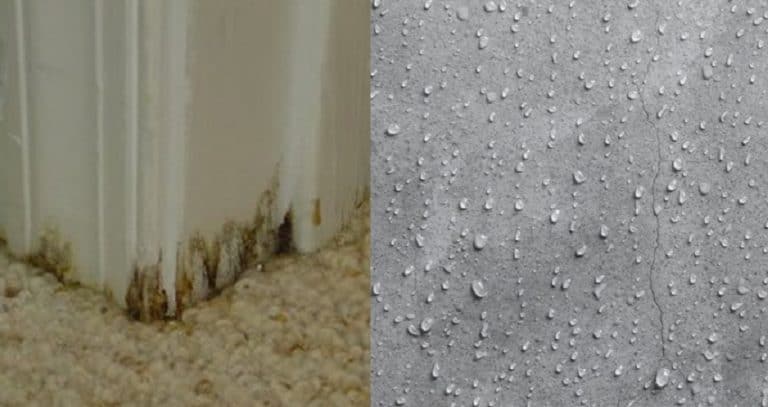
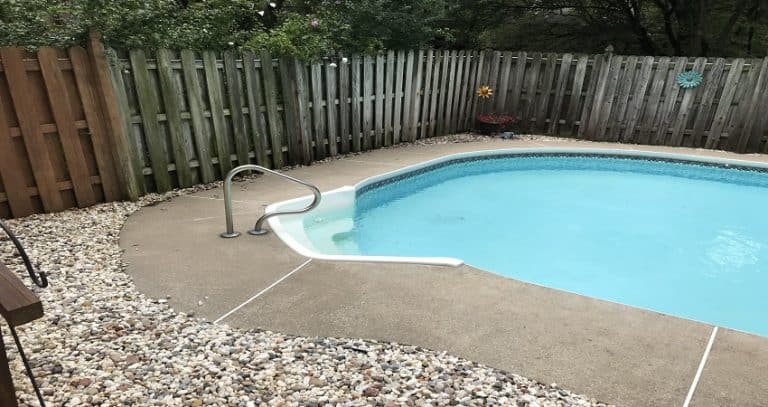
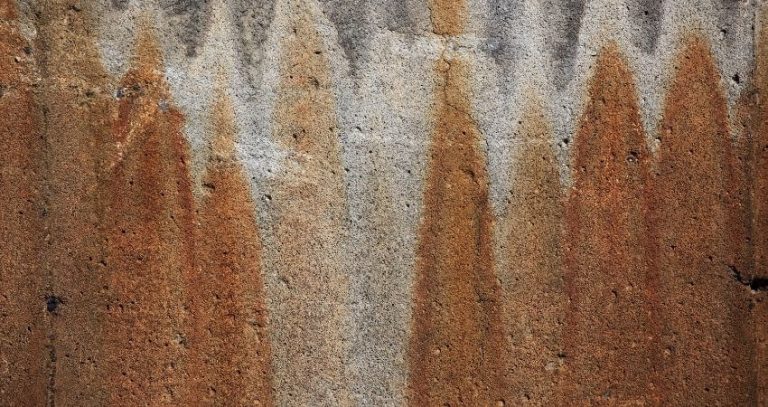
I found it interesting when you said concrete is the most common human-made substance on the planet, as well as one of the hardest. I used to think differently about this and now it makes more sense. What you said about concrete sealing was really interesting to me.